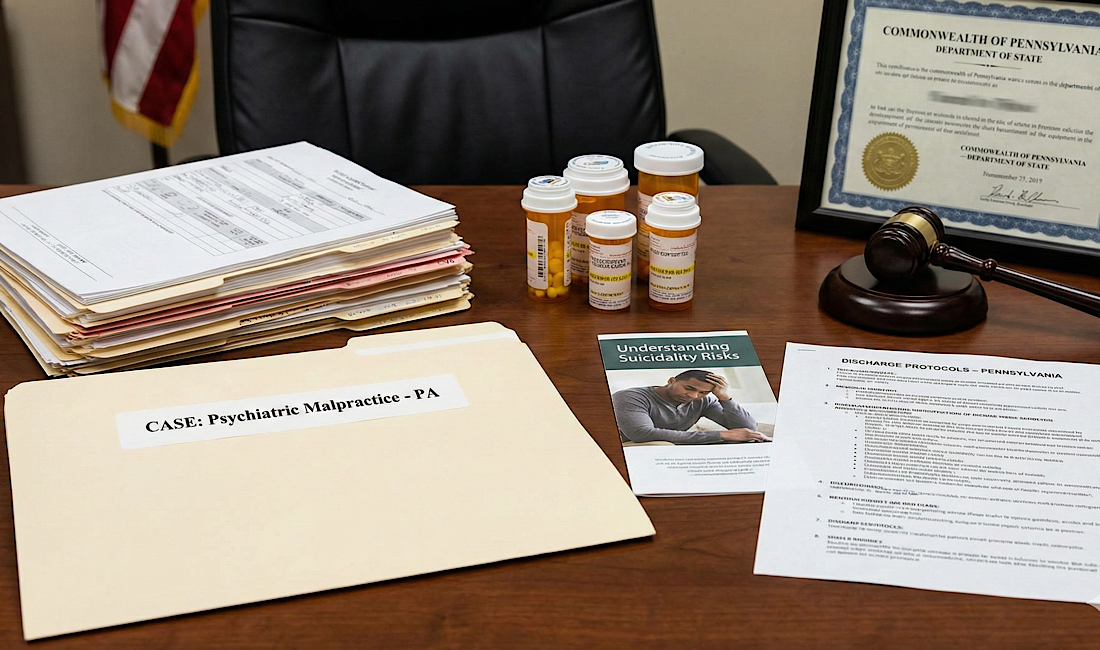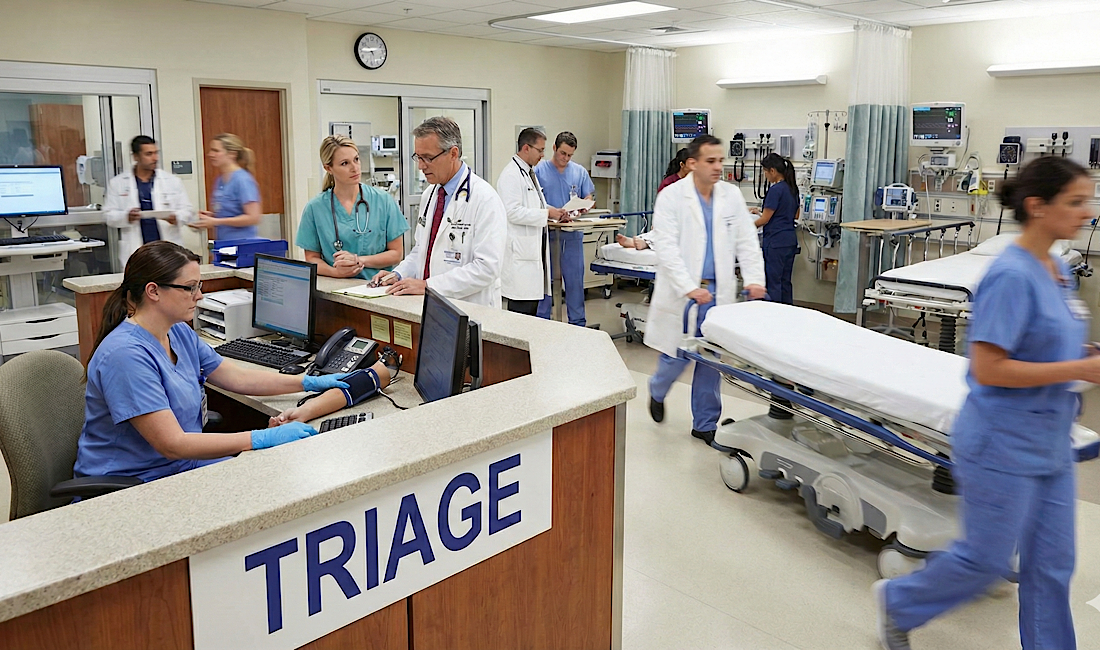Medical Malpractice - Meconium and Meconium Aspiration Syndrome Medical MalPractice Cases in Pennsylvania
Meconium and Meconium Aspiration Syndrome Medical MalPractice Cases in Pennsylvania
Meconium, the dark greenish color, sterile fecal material that a baby produces in his or her intestines while still in the womb and is often found in amniotic fluid. It is comprised of proteins, fats, mucus and bile. In essence, meconium found in the amniotic fluid represents the baby’s first bowel movement. The meconium can range in consistency from being very thin to extremely thick in texture.
Fortunately, Meconium Aspiration Syndrome only occurs in approximately 10% of those babies who pass meconium in utero. Of those babies who develop Meconium Aspiration Syndrome, tragically it proves fatal to approximately 1% of these babies.
When the meconium is aspirated, it floods the baby’s lungs and can block the airway. If the baby’s airway becomes partially blocked, air will only reach a portion of the lungs and that air which is breathed in cannot be effectively exhaled. This can lead to a state of persistent pulmonary hypertension of the newborn, resulting in fetal asphyxia and a severe, disabling brain injury. The meconium also can irritate the lungs, which can cause a significant inflammatory response, infection, and fetal morbidity.
Moreover, the meconium can irritate the lungs, which can cause a significant inflammatory response, infection, and fetal morbidity. For these babies with meconium aspiration, being under the care of highly trained specialists such as neonatal intensivists in a special care nursery or intensive care unit (NICU) is crucial.
For many years, doctors treated meconium aspiration by means of immediate suctioning. However, this practice was abandoned more than a decade ago as there is little evidence to support that immediate suctioning of meconium improved the baby’s outcome. Instead, those babies who experience Meconium Aspiration Syndrome are now treated by supportive care.
The treatment provided to these babies includes ensuring that the baby is properly oxygenated, administering antibiotics to treat infections caused by Meconium Aspiration Syndrome and also administering surfactants (a medication that coats the lung alveoli and keeps these air sacs open).
In summary, Meconium Aspiration Syndrome is a potentially lethal condition. It is best treated in an institution with highly trained specialists, such as neonatal intensivists.
Filing a Birth Injury Claim with Medical Malpractice Lawyer in Pennsylvania
Frischman & Rizza, P.C. are
birth injury medical malpractice attorneys serving the entire state of Pennsylvania. If you suspect your child suffered from Meconium Aspiration Syndrome due to potential medical negligence, we are here to help.
Our firm operates on a “No Fee Unless We Win” basis, handling all personal injury matters on a contingency fee arrangement. We aim to secure justice for your child, mitigate long-term health complications, and protect their well-being.
We work closely with medical professionals, scrutinizing chest X-ray findings and other diagnostic tools, to establish a robust case. Our expertise encompasses understanding the implications of a variety of conditions associated with Meconium Aspiration Syndrome, such as persistent pulmonary hypertension of the newborn, respiratory distress, and complications that may require a breathing machine.
If you are ready to pursue a legal case for
medical mal-practice in Pittsburgh or surrounding areas, contact Frischman & Rizza for a free consultation.





